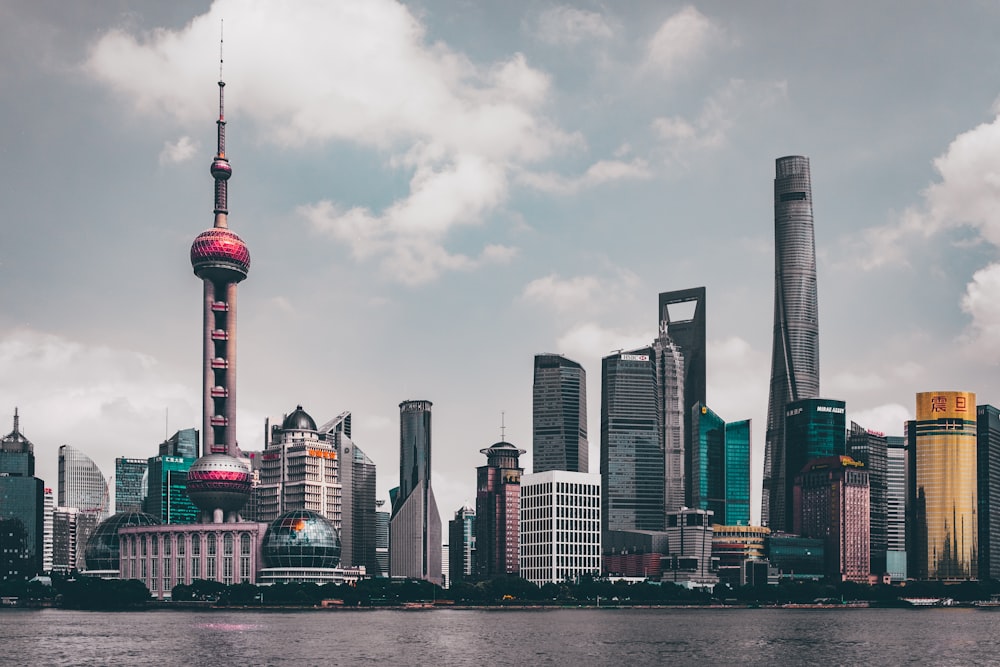
The Startup Ecosystem of China
China has 40 cities in the top 1000 and has a vibrant startup scene that ranks 13th within the competitive global top 20.
COUNTRY RANKING
Since 2024, China lost 1 spot in the Global Startup Ecosystem Index, having now positioned itself as 13th worldwide.
Population
Million
Regional Ranking
In East Asia
Global Ranking
Worldwide
Ecosystem
Startup Ecosystem Overview

China’s rapid transition from a low-tech developing country to a technological powerhouse is truly inspiring. With a strong focus on research and development expenditure and making technological advancement a strategic goal, China has seen massive government investments in state-of-the-art regional tech hubs. The nation’s leading unicorns are at the forefront of automation and AI, with a notable presence in Hardware & IoT within the bustling Shenzhen startup ecosystem.
Despite these advancements, recent trends have posed challenges for the Chinese ecosystem. Internal decisions to isolate the startup ecosystem and focus primarily on the domestic market have limited global impact. Regulatory measures, such as the great firewall that restricts access to the global Internet, further hinder international expansion. While the scale of China’s economy has allowed for impressive growth and the emergence of numerous startups and unicorns, the inward focus limits the potential for global leadership. Pressure from Western countries, especially the US, also poses challenges for Chinese innovation, with restrictions on technology imports and scrutiny of popular apps like TikTok. Yet, resilient companies like Huawei continue to collaborate on advanced technologies like the development of new mobile phone chips.
Another critical challenge lies in managing the relationship between successful founders and the state. Unlike in the West, where tech leaders enjoy celebrity status and freedom to pursue ambitious projects, Chinese entrepreneurs face restrictions and risks. Recent incidents, such as the ANT Group’s failed IPO and regulatory crackdowns on companies like Didi, highlight the tensions between the government and entrepreneurs. Changes in corporate law have further raised concerns about dampening entrepreneurial spirit and leading to business closures.
Despite these challenges, Chinese corporations like Alibaba, Xiaomi, Huawei, Tencent, and ByteDance (creator of TikTok) have made significant strides in the global consumer market. However, in order to fully realize its startup ecosystem potential and become a global innovation leader, China should shift its focus to greater global connectivity and market expansion.
Startups
China Top Startup Industries
3028 startups
932 startups
297 startups
Unlock with pro
Ecosystem HealthCheck
China Ecosystem Health Check
The health check tables allow you to look at the performance China has in each of the parameters that are part of StartupBlink's ranking algorithm. There are five tables, corresponding to the three subscores, the subscore analysis and industry ana...
- Overperformance
- Performance equal to global ranking
- Underperformance
ECOSYSTEM
Browse the startup ecosystem database of China
Become our China Ecosystem Partner
Startup Ecosystem Charts
Startup Funding in China2017 - 2024
Startup Funding in China 2017 - 2024
From 2022 to 2023, startup funding in China has decreased by 24.02%. During this period, the number of deals in China has decreased by 13.34%. Since 2017, total startup funding in China exceeded US$ $594.18B.
Average Funding in 2023
$31.74M
Funding in 2023
$47.62B
Deals in 2023
1,500
USD
Amount of Funding (USD)
Number of Deals
Ecosystem
The Startup Ecosystem in China
Global Rank
China is ranked within the top 20 startup ecosystems globally.
Top Industries
China’s startup scene is best represented in Software & Data, Ecommerce & Retail, and in Transportation.
BLOG
Recent Posts

Mon Apr 14 2025
From Service-Based to Product-Based Economy – Lessons from North Macedonia
In this special episode of the Startup Ecosystem Podcast, we revisit a conversation from two years ago, recorded during a visit to North Macedonia. Eli David Rokah, CEO of StartupBlink, sits down with Igor Madjov, founder of Startup Macedonia, to explore how Skopje is evolving from a service-based IT outsourcing city into a product-driven startup […]

Wed Apr 02 2025
Corporate Startup Activity Index 2025
For the first time ever, 372 corporations across 30 countries, 11 major industries, and 10 sub-industries have been ranked based on how actively they engage with startups. StartupBlink’s Corporate Startup Activity Index is the world’s first benchmark for corporate startup engagement — powered by real data, global partnerships with top corporations, governments and data sources, […]

Thu Mar 06 2025
The Impact of Government Support on Startups
A robust startup ecosystem creates a sense of community that brings entrepreneurs together and helps them feel less isolated. It gives them access to mentors, advisors, fellow entrepreneurs, and talents. The foundation of such an ecosystem largely relies on government support. Good policies create a fair and supportive environment that helps startups grow. Bad policies […]












